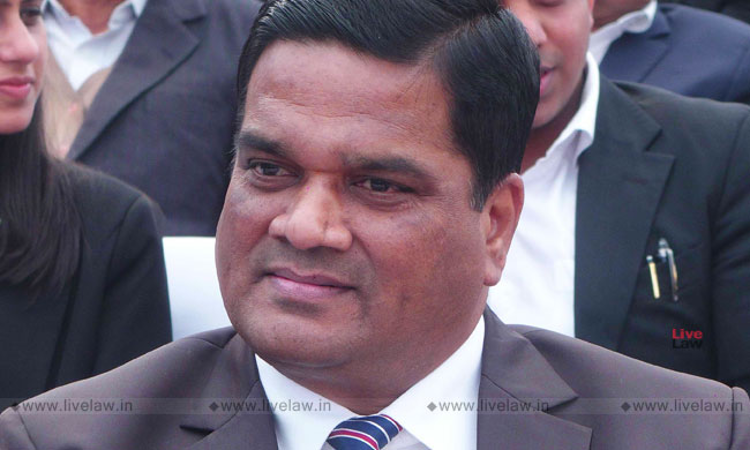Notable Supreme Court Judgments Penned By Justice R Subhash Reddy Who Retired Today
Shruti Kakkar
4 Jan 2022 10:00 PM IST

Next Story
4 Jan 2022 10:00 PM IST
Justice R Subhash Reddy who was elevated as Supreme Court judge on November 2, 2018 retired today. He was the first judge from Telangana to become a Supreme Court judge after the State was carved out from Andhra Pradesh. Born in the year 1957, Justice Reddy was elevated as Additional Judge of High Court of Andhra Pradesh on February 2, 2002 and was sworn in as Judge of High Court of A.P. on...
